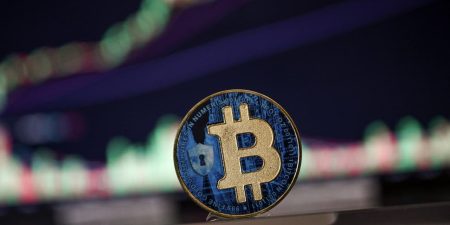The softer-than-expected October consumer-price data isn’t the game changer for inflation that markets seem to think, some hawkish economists said Tuesday.
Stocks
DJIA
SPX
soared and the 10-year Treasury note
BX:TMUBMUSD10Y
dropped sharply in the wake of the inflation data.
Stephen Stanley, chief economist at Santander US, said monthly inflation readings are a prisoner to some volatile service-sector industries like housing, hotels and used cars.
In September, these volatile sectors were stronger than expected. In October, they were softer.
The underlying trend of inflation is still running in a range of 3.5% to 4%, Stanley said.
“I think the number was modestly weaker than expected. September was a little bit on the high side and October was a little on the low side,” he said in an interview.
For instance, tuition inflation was flat in October, while recreation costs were up a slim 0.1%, he said.
Stanley said the October data gives the Federal Reserve room to hold rates steady at its December meeting.
The longer the Fed stays on hold, the more likely that there are no more hikes, he said. The last rate hike came in late July.
Traders in derivative markets think the soft October inflation print kills off any chance of a Fed rate hike in December.
Stanley has changed his Fed call to no more tightening, he said, from his past expectation of one more hike.
But Steven Ricchiuto, chief economist at Mizuho Americas, thinks it is too soon to say the Fed is finished hiking rates.
“The market is jumping the gun. It has jumped the gun repeatedly and it is in the process of doing it again,” Ricchiuto said in an interview.
“The number are good, but are they enough to justify 100 basis points of rate cuts next year? No,” he said.
The Fed has to wait until it is convinced inflation is going to get to its target before easing up on rates, he said, adding that with core inflation running at a 4% annual rate, we’re not there yet.
Ricchiuto said he thought the Fed was “on hold for now. I don’t know they are on hold for permanent.”
Markets are missing that the strong labor market will have an important impact on the underlying stickiness of inflation, he said.
Read the full article here













